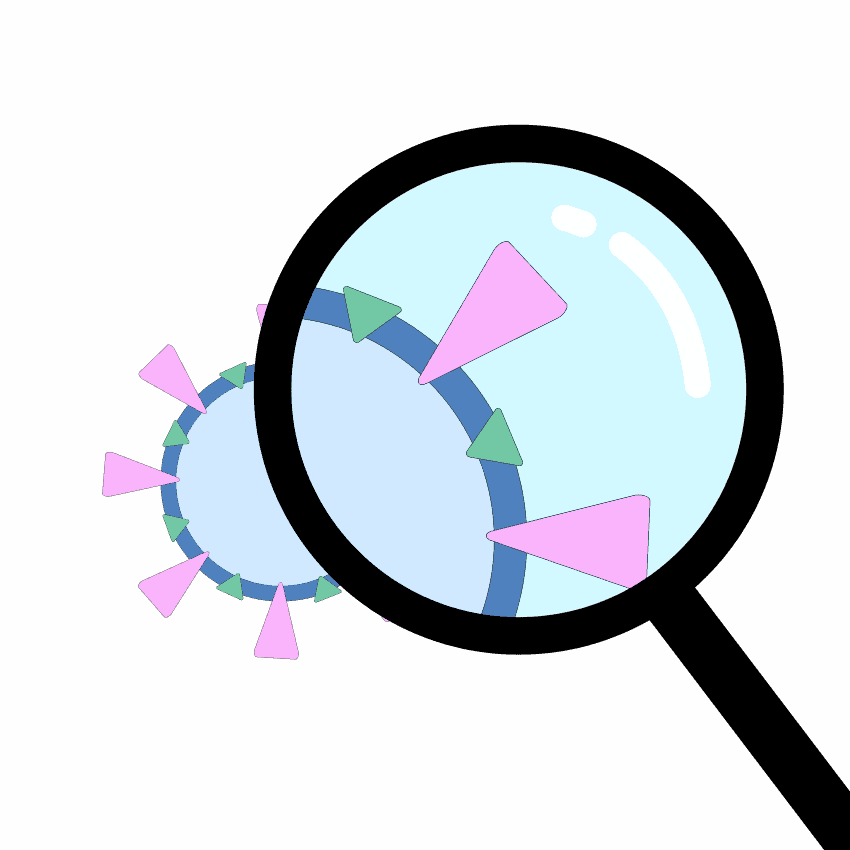
University of Saskatchewan professors hope students will respond to COVID-19 in critical and engaging ways by studying the ongoing pandemic in their social science courses.
History 237 and Anthropology 111 are two classes that encourage students to take real-world issues from the COVID-19 pandemic and study them through the lens of social science. Simonne Horwitz, associate professor in the Department of History, says studying different perspectives and learning from each other is important because students are the “future leaders, scientists [and] historians.”
“We can make students see that there is a value in the way in which we are working together, if we can make students contextualize what’s going on,” Horwitz said.
Horwitz is one of three professors teaching History 237: History of Infectious Diseases and Vaccines this term, a course combining topics ranging from disease to public policy. Teaching alongside her are Erika Dyck, fellow professor and Canada Research Chair in the History of Medicine, and Scott Napper, professor in the College of Medicine and senior research scientist with the Vaccine and Infectious Disease Organization.
The class is not primarily focused on the ongoing pandemic. It also includes lessons on past infectious disease and pandemic scenarios so students can reassess their own perspectives. Dyck hopes that this enables others to “move past a fight or flight response” when dealing with pandemics.
“Learning how to appreciate other kinds of perspectives and learning how to work together is actually a really valuable lesson going forward,” Dyck said.
As an example, Dyck cites the anti-vaccination movement and the attitudes behind it.
“If we want to get the brilliant minds working on public health policies so that we can reduce vaccine hesitancy and the resistance to vaccines, we need to think about why people resist them in the first place,” Dyck said.
Making informed decisions about vaccines and combating misinformation is an important part of the course, says Napper.
“I hope this course will really put all of that into context and provide a foundation for people to think about what they’re going through and make informed decisions about what they want to do,” Napper said.
For medical anthropologist and professor Pamela Downe, her research job is tracking the different social and cultural responses from the pandemic, bringing the most updated information available to her class, Anthropology 111: Introduction to Cultural Anthropology.
The course is also not exclusively based on COVID-19, but the current pandemic is part of the material. Downe says that “it’s really interesting to see students assess how they are responding to the world around them.”
Jessica Jack is a first-year medical anthropology master’s student studying under Downe’s supervision. Jack, who took Anthropology 332: Anthropology of Contagion and Infectious Disease Critical Gender and Race Perspectives, says that COVID-19 has definitely changed the path of her academic career as a medical anthropologist.
Through medical anthropology, Jack has seen how medical concerns are “related to every facet of the world,” forming a web of complex connections that are surfacing due to the pandemic.
“COVID has just shined a light on all of those points of connection,” Jack said, also pointing to anti-masker rhetoric as an example. She says the movement highlights Canada’s political structures, which reflects individualism.
“We really praise and prize this sense of ‘we can do whatever we want’ because that’s how Canada is set up,” Jack said. “COVID came in and showed us that that’s not always the case.”
Overall, Jack strongly recommends students to take at least Anthropology 111 because its “holistic” approach enables critical thinking.
“Studying a pandemic while it’s happening makes your classwork and your academic work a lot more emergent in that you know what you’re looking at and the results of your work can be immediately applicable,” Jack said.
“It feels like you’re on the cutting edge, all the time.”
—
Fiza Baloch | Staff Writer
Graphic: Anh Phan | Design Editor